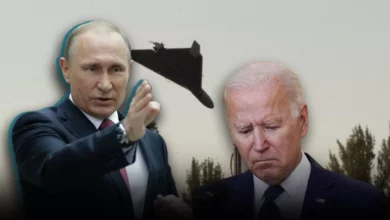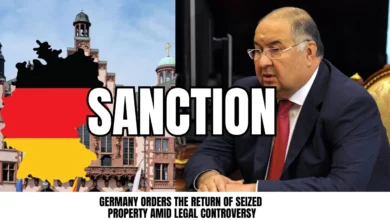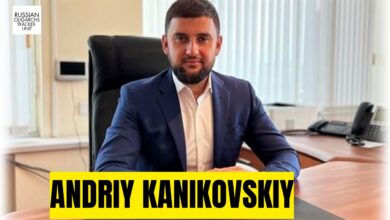Mikhail Khodorkovsky: A Call to Arms for Change in Russia
The ex-oligarch and main adversary of Putin holds the view that the best opportunity lies in exploiting a division within the government.
Following the Yevgeny Prigozhin-led uprising’s failure, the Ukrainian counteroffensive’s expected progress stalling, and the unexpected Hamas-Israel conflict diverting Western attention, Vladimir Putin appears to have navigated through his most crucial juncture. Mikhail Khodorkovsky, a prominent Kremlin regime critic, shares his insights on the current situation in an interview conducted at the Elcano Royal Institute’s headquarters in Madrid, Spain.
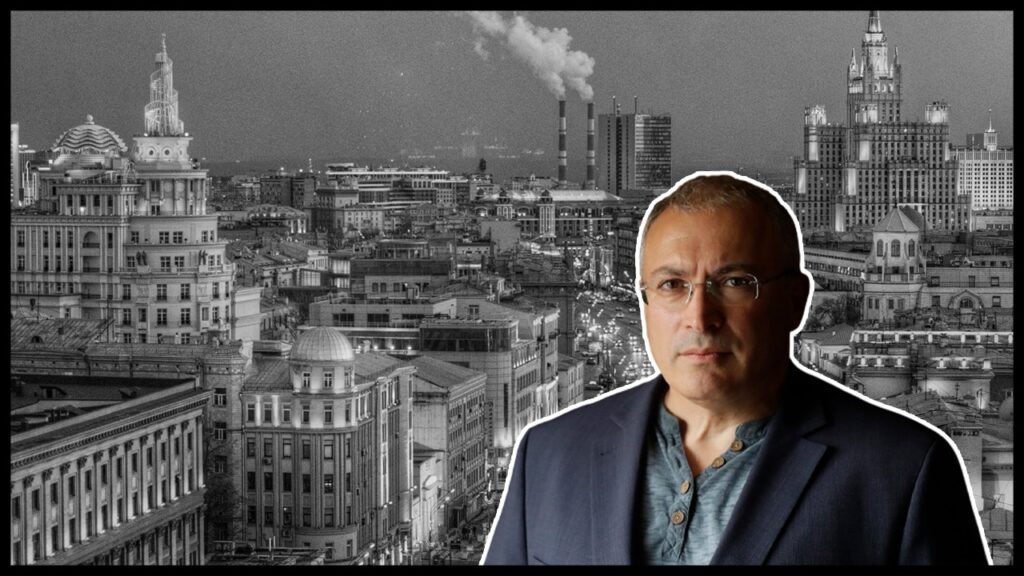
Mikhail Khodorkovsky, once a powerful figure in the oil industry who spent ten years (2003–2013) incarcerated in a Russian prison, now resides outside the country. In his exile, he actively advocated for the democratization of Russia. He firmly believes that achieving this goal cannot be accomplished solely through peaceful protests and elections. Instead, he argues that the most viable strategy involves fostering internal divisions within the ruling regime. According to him, people must be ready to engage in a struggle to capitalize on emerging opportunities for change.
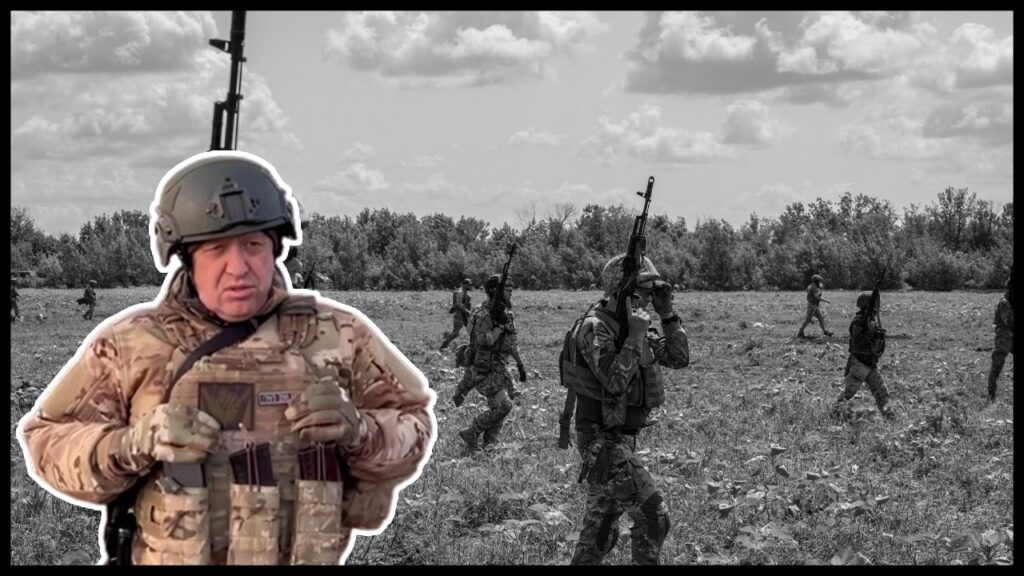
Question: What is your assessment of the current domestic conditions in Russia?
Answer: This is a common scenario for a population stuck in a prolonged conflict, with no apparent resolution in sight. Instead of active support or opposition, there is a prevailing sense of indifference. People are highly concerned about the potential for failure, and the chances of Putin voluntarily stepping down are close to zero.
The prospect of citizens taking to the streets without facing resistance from the security forces is quite slim. As a result, the most probable avenue for change lies in internal turmoil within the regime. This is particularly likely if a military defeat occurs, as there will be a search for someone to hold responsible. In the context of such internal strife, Putin’s downfall becomes a possibility.
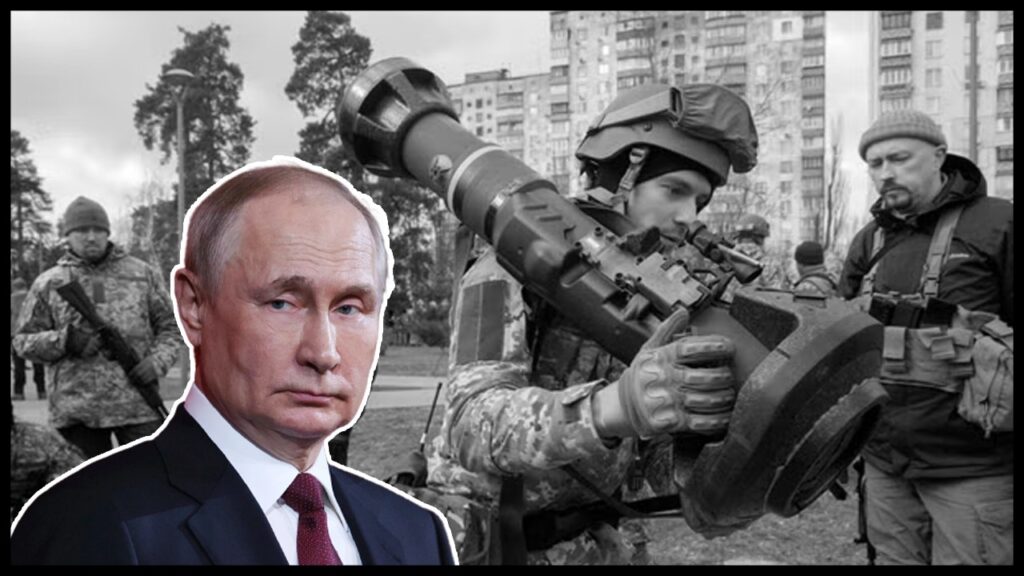
Question: You mentioned that utilizing force or the prospect of force is essential to instigate change. In light of this perspective, what measures should the opposing side take to prepare themselves for such a situation?
Answer: The opposition is unable to directly challenge the military or state security forces. Trying to secretly train individuals in hidden camps to fight them is an impractical idea. This is why creating a division or discord within Putin’s inner circle, which could sideline the military, appears to be the most feasible approach. Belarus serves as an instructive example in this regard. Citizens took to the streets and demonstrated in front of government buildings, but they had no intention of storming them.
In the Russian context, this approach wouldn’t be effective. Instead, people need to be ready to confront a limited number of security officers or the relatively small forces that might seize power. Specific combat training isn’t necessary; it’s sufficient for opposition leaders to encourage people not to back down. It’s crucial to support those individuals willing to take action, using non-military means.
Question: Should the democratic opposition have considered using force to assist Prigozhin’s attempted uprising?
Answer: I believe that’s the case. There was a brief window of opportunity, but Prigozhin’s presence was short-lived. The uprising itself only endured for 10 hours, and it would have required a minimum of three days to mobilize the population for a rebellion.
Question: Do you think that the most viable way to bring about change is by causing a division within the Putin administration? How can the opposition make sure that such a division results in a move toward democracy rather than simply swapping one authoritarian leader for another?
Answer: “That’s an excellent question. Initially, it’s crucial to convey the idea that the political landscape can’t rely solely on the leadership of one individual. Next, those of us in the opposition need to be significantly better prepared than we were during the Prigozhin uprising. To achieve this, we must recognize that divisions among certain unsavory figures can be advantageous and capitalize on them. This entails a concerted effort, which we are currently undertaking. Additionally, we should become adept at operating within a coalition. While this may not be the primary means to attain power, if we aspire to establish a democratic system, a coalition becomes virtually indispensable.”
Question: Are you worried that using force might result in a significant domestic conflict?
Answer: I’ve been involved in comparable scenarios on two occasions: first during the 1991 attempted coup against Mikhail Gorbachev and then in 1993 during the constitutional crisis in Boris Yeltsin’s Russia. In both instances, there were clear limitations and restrictions in place.
Question: What transpired during the Prigozhin uprising, and what is your understanding or analysis of the events?
Answer: I immediately expressed my belief that, in my view, [Prigozhin] wasn’t the central figure in that uprising. I posit that the pivotal individual, for whom these actions were orchestrated, was [Sergey] Surovikin [the Russian military high commander responsible for Ukraine, subsequently dismissed]. Prigozhin lacked the requisite influence within the Armed Forces; unlike Surovikin, he couldn’t garner substantial support. Key figures in the military were aligned with Prigozhin. However, for various reasons, they didn’t act to support him initially, and by the time they considered it, it was too late.
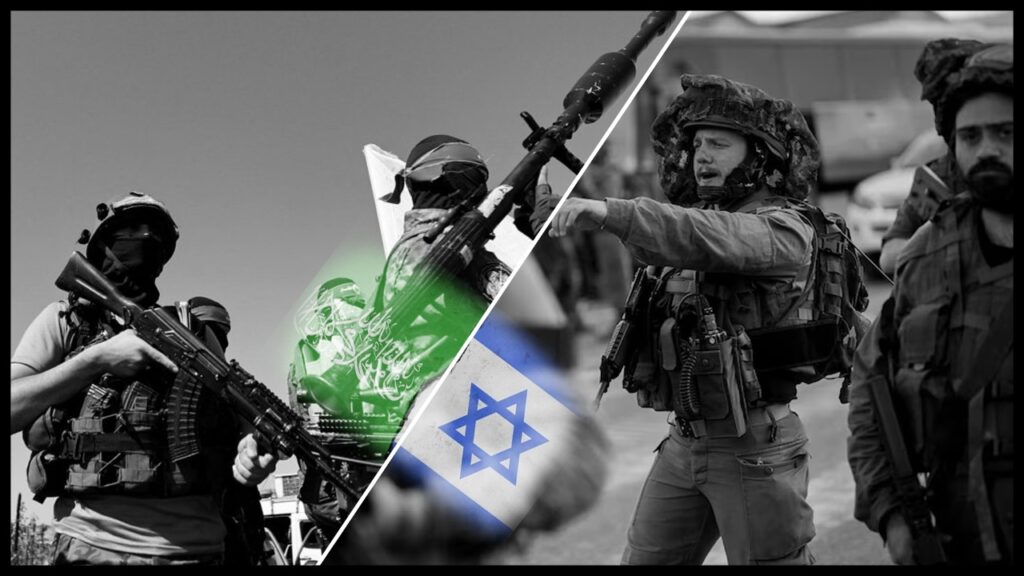
Question: What is the present condition of the Putin administration?
Answer: Since the uprising, Putin has managed to recover a portion of his losses, but not all of them. He will continue to grapple with significant challenges. Firstly, this rebellion has exposed Putin’s lack of backing among urban citizens. It became evident that the general population did not endorse him. Secondly, it has become apparent that he lacks sufficient support within the military ranks. We observed military units distancing themselves from the route taken by Prigozhin and his troops. Lastly, the elimination of Prigozhin has conveyed to the entire political elite that forging agreements with Putin is futile.
Question: To what extent does the Chinese government provide assistance to Putin?
Answer: China’s backing of Putin holds great importance. China’s stance is highly critical for bypassing the oil embargo and obtaining prohibited goods. Additionally, it plays a secondary but vital role. It’s clear that North Korea won’t provide weapons to Putin unless China gives its consent.
Question: How might you characterize your connection with the opposition group led by Alexei Navalny?
Answer: As of today, Navalny’s backers are split into two factions. Some are willing to engage with us, and we maintain positive relations by collaborating with them. On the other hand, those affiliated with the anti-corruption foundation are uninterested in cooperation. I am unfazed by this, as they constitute a portion of the opposition but not a substantial one. I consistently keep the option of collaboration open to them.
Question: What options are available to the opposing side at this point?
Answer: The primary goal is to engage in counterpropaganda, and another important aim is self-education, acquiring the skills to participate effectively within a coalition.
Question: What are the chances of a new division arising in the near future and over the next few years?
Answer: The likelihood of a revolt significantly increases when there is a clear failure by the Kremlin, as it largely depends on the state of war.
READ MORE :





